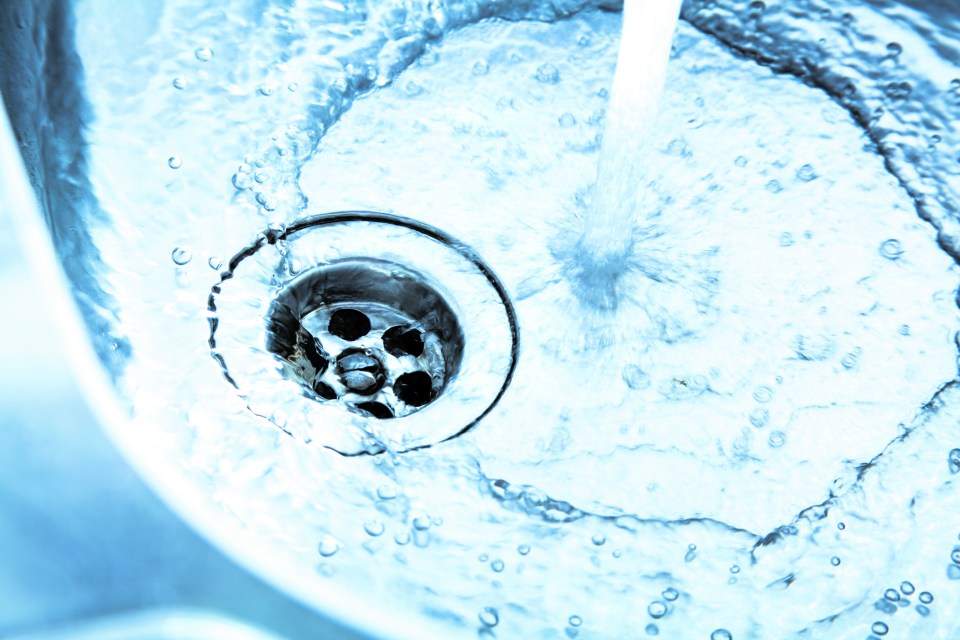The Government has helped households with their energy costs, and simple tips and tricks can help out even more

Everyone knows life is more expensive than it used to be, with inflation putting strain on everybody’s pockets. A lot of that increase comes from energy bills, which have gone up as a result of Russia’s invasion of Ukraine.
The good news is that there’s plenty of government support available, and helpful tips which can bring down bills around the house.
A typical household will have had £1,500 worth of support by the end of June
There have been a host of schemes which have helped keep bills down – both cost of living support and protection to keep energy bills down. For instance, the Energy Bills Support Scheme provided most households with a £400 discount automatically from their electricity supplier. If you’re on a pre-payment meter user don’t forget to redeem your EBSS vouchers, which expire on June 30. There’s also an alternative fund available for the 900,000 households who were not able to receive the Energy Bills Support Scheme, including partially or wholly self funded care residents and others. There are other schemes including means tested cost of living support, which can help with the financial stresses and strains this year.
As well as all of this financial support from the government, there are several simple, quick actions you can take which could add up to serious savings on your energy bills.
There are also smaller investments you can make to reduce your bills in the longer term.
Every little helps
To borrow a phrase from a well-known advertising campaign, it’s true that even these small changes over time can add up to a big saving on your bills – reducing the pressure on your household budget and leaving more money in your pocket.
There are more tips and advice available on the government’s website, as well as information about the methods that are available to you, depending on your circumstances and your income.

To find out more: gov.uk/helpforhouseholds
The Alternative Fund
Most households have received a £400 discount automatically from their electricity supplier between October 2022 and March 2023 to support them with their energy bills. Those households who did not receive the support automatically, as they do not have a domestic electricity supply, may be eligible to apply for the Energy Bills Support Scheme Alternative Funding until 31 May 2023. This includes partially or wholly self-funded care home residents, park home residents, and some residents in housing associations.
Search ‘energy bills alternative fund’ on GOV.UK or call 0808 175 3287 to check your eligibility.
Tricks and tips to keep your energy bills down
Energy bills going up means it’s more sensible than ever to keep your energy usage down – for cost, as well as environmental reasons. Simple measures can ensure that your bill stays lower.
£90 a year: Taking shorter showers
Reducing the time you spend in the shower to four minutes can save plenty over the course of the year – so perhaps find yourself a four minute pop song to sing in the shower to keep you on time!

£55 a year: Investing in an energy efficient shower head
Getting the right shower head – which regulates the flow or aerates water – can make a big difference to your bill. You can get them from any home improvement store and fit it yourself, though note they don’t work on electric showers
£70 a year: Turn the plugs off at the wall
Almost all of the electric appliances in your home, such as computers, TVs, and video game consoles, draw power continuously unless they’re unplugged or the power is turned off at the wall. So make sure you spend that extra couple of seconds
It’s easy once you start
Children’s writer Ellie Jackson, 43, lives in Cornwall with her husband Ian and their four children. She says that once her family made energy saving fun, it’s been an easy transition.
Ellie has received the government support, from an automatic saving on bills via the Energy Bills Support Scheme to the Energy Price Guarantee. But she wanted to see if she could save more around the house.

“Once you’re aware of how easy it is to change one thing, you start thinking, ‘Oh, let’s do the next.’
“We’ve got a draughty Victorian terraced house, but we didn’t realise how much air was leaking out until we sealed up the skirting boards and under the doors. We dry our washing in a patch of sun on airers rather than using a tumble dryer, and we don’t wash clothes if they’ve only been worn for a few hours.
“Once you’re aware of how easy it is to change one thing, you start thinking, ‘Oh, let’s do the next.’
“We have a four-minute timer on the shower, and have learned to cook more efficiently – we’ll cook snacks for the week and a Sunday roast at the same time. We’ve also got LED lights, turnoff appliances when they’re not being used.
“I write kids’ books about animals and climate change, so I’ll say, ‘Remember Hunter the polar bear?’. Children care about animals, so it helps them to understand why we’re doing it.
“I was really pleased when I realised we’ve saved £90 a month on our bills. It means we can splash out on a trip to a theme park on our summer holiday. It’ll be something to look forward to.”
Visit gov.uk/helpforhouseholds for more advice
More tips to save on your bills
£40 a year: Wash your clothes at a lower temperature
Heating up water uses energy, so keeping the temperature dial lower saves you money. Modern washing machines can clean clothes effectively at lower temperatures – and switching from 40 to 30 could give you three washes for the price of 2.
£70 a year: Reduce the use of the tumble dryer
Using a clothes dryer can save plenty over the course of the year. Even making sure your tumble dryer is full – with the drum about three quarters packed – is also a much more sensible way of using what is one of the most energy intensive appliances in the home.
£55 a year: Using energy saving lightbulbs
Standard lightbulbs are very inefficient, but by switching to energy efficient bulbs such as LEDs you can save money on your energy bills while keeping your rooms well lit. LED lightbulbs also last longer – reducing your bill to replace them when they go. Contrary to popular wisdom, it doesn’t matter what wattage your lightbulbs are – they all use the same amount of energy.